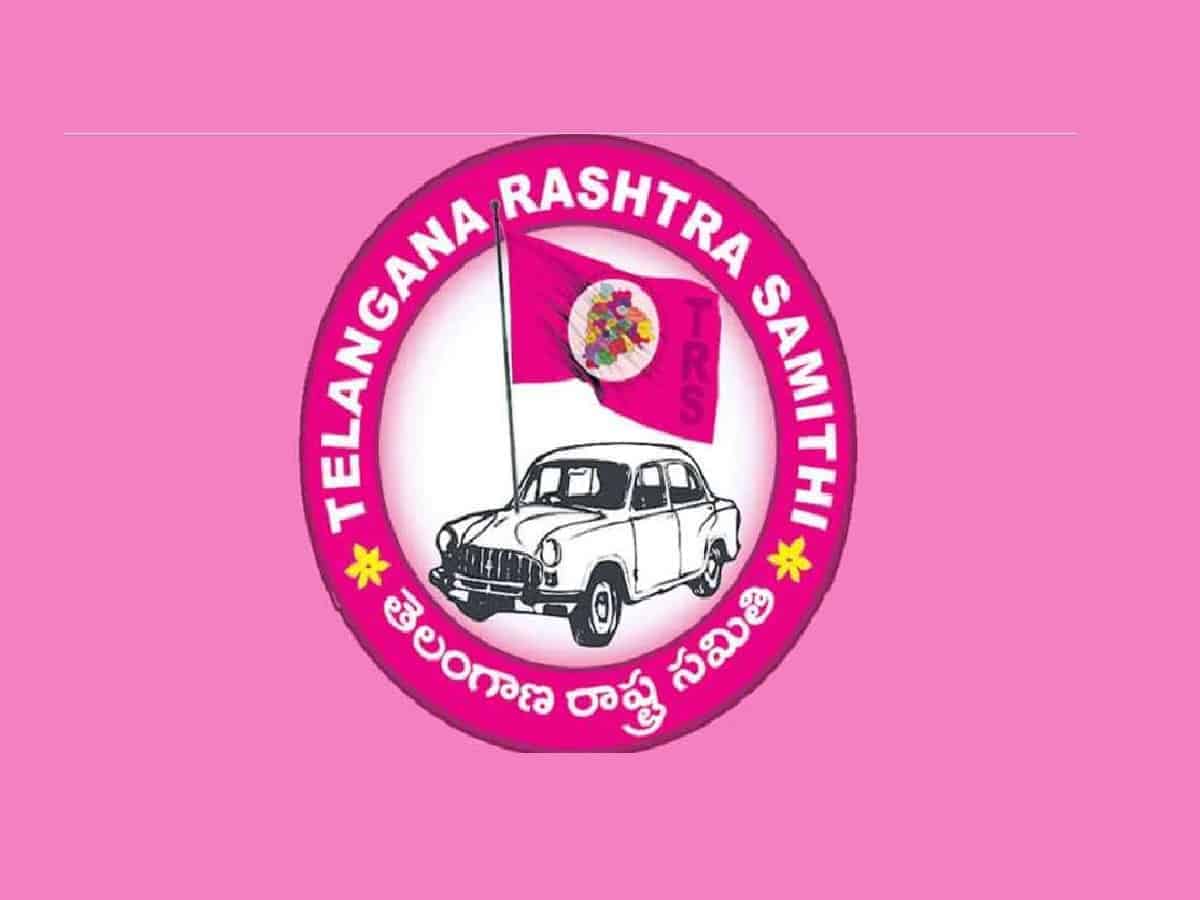Hyderabad: Telangana Rashtra Samithi (TRS) tops the 42 regional political parties in receiving donations through the electoral bonds.
Those receiving the donations through electoral bonds include TRS, YSR Congress Party and Telugu Desam. A total of 14 political parties have given details about their donations through electoral bonds during the year 2019-20.
A total of Rs. 877.95 crore was received by 42 regional political parties through the electoral bonds. The TRS received Rs. 130.46 crore and tops the regional parties in terms of volume of the donations. Shiv Sena with Rs.111.8 40 crore comes second with Rs 92.70 crore while the YSR Congress is in the third position in terms of donations through electoral bonds.
The TRS, Shivsena, and YSR Congress party received 14.86%, 12.6 9%, and 10.5 6% respectively out of the total donation of Rs 877.9 5 crores given to the 42 regional parties.
The electoral bond is like a promissory note that can be bought by any Indian citizen or company incorporated in India from select branches of State Bank of India. The citizen or corporate can then donate the same to any eligible political party. The bonds are similar to bank notes that are payable to the bearer on demand and are free of interest. An individual or party will be allowed to purchase these bonds digitally or through cheque.
Electoral bonds were introduced with the Finance Bill (2017). On January 29, 2018, the BJP government notified the Electoral Bond Scheme 2018.
The electoral bonds are issued in Rs 1,000, Rs 10,000, Rs 100,000 and Rs 1 crore. These bonds will be available at a few selected branches of the State Bank of India. A donor with a confirmed account can purchase the bonds and donate them to the party or individual of their liking. The donee political party can encash the bonds through the party’s verified account. The electoral bond will be valid only for 15 days.
Electoral bonds are available for purchase for 10 days at the beginning of every quarter. The first 10 days of January, April, July and October have been specified by the government for purchase of electoral bonds. An additional period of 30 days shall be specified by the government at the time of Lok Sabha elections.
Electoral bonds will not bear the name of the donor. Ostensibly, the political party might not be aware of the donor’s identity. But obviously, it is not the case as the donor in advance informs the political party that it is donating a “specific amount”. So in reality the beneficiary political party knows the donor to serve his interests later on.
All political parties that are registered under section 29A of the Representation of the Peoples Act, 1951 (43 of 1951) and have secured at least one percent of the votes polled in the most recent General elections or Assembly elections are eligible to receive electoral bonds. The party will be allotted a verified account by the Election Commission of India (ECI) and the electoral bond transactions can be made through this account.
The former finance minister Arun Jaitley, in February 2017 announced that the donations would be tax-deductible. Thus, a donor will get a deduction and the donee political party will get tax exemption, provided returns are filed by the latter.
As declared by the BJP government, electoral bonds were being introduced to ensure that all the donations made to a party reflected in the balance sheets without exposing the donor’s identity.
The electoral bonds would purportedly check the use of black money to fund the elections. In the absence of electoral bonds, as deemed by the Government, donors would have no option but to donate by cash after siphoning off money from their businesses.
The economists believe that if the electoral bonds scheme had been introduced to bring about transparency the government must declare details of such donations publically.
These economists say that due to the anonymity of the donor’s identity, the shareholders of a company will not know it’s contribution. Even the voters will have no idea of how a political party was funded.
Those opposing the electoral bond scheme say that since the identity of the donor is being kept anonymous, it could lead to an influx of black money. Others allege that the scheme was launched to help big corporates to donate money by keeping their identity anonymous.
The civil rights groups say that the concept of donor anonymity threatens democracy.
Even the Congress party says that the donations made through electoral bonds were equivalent to money laundering.
There were barriers earlier that no foreign company could donate to any political party under the Companies Act. A company could donate a maximum of 7.5% of its average three year net profit as political donations according to Section 182 of the Companies Act.
Accordingly, the companies had to disclose details of their political donations in their yearly balance sheets.
The BJP-led government moved an amendment in the Finance Bill to ensure that this provision is not applicable to companies in case of electoral bonds.
This way the dubious national, international and even money laundering entities can donate to political parties without having to inform anyone of their contribution.
The Supreme Court on April 12, 2019 directed all the political parties to submit details of donations received through electoral bonds to the Election Commission of India.
The SC mandated the Finance Ministry to reduce the duration of purchasing electoral bonds from 10 days to 5 days. There are PILs filed in SC against the donations through the electoral bonds.
On April 10, 2019, the Election Commission told the SC that it is not in favour of anonymous donations to political parties.
Even the RBI is also critical of the electoral Bond scheme. The central bank is apprehensive that the bonds would compromise the public’s faith in Indian currency and lead to money laundering of black money.

